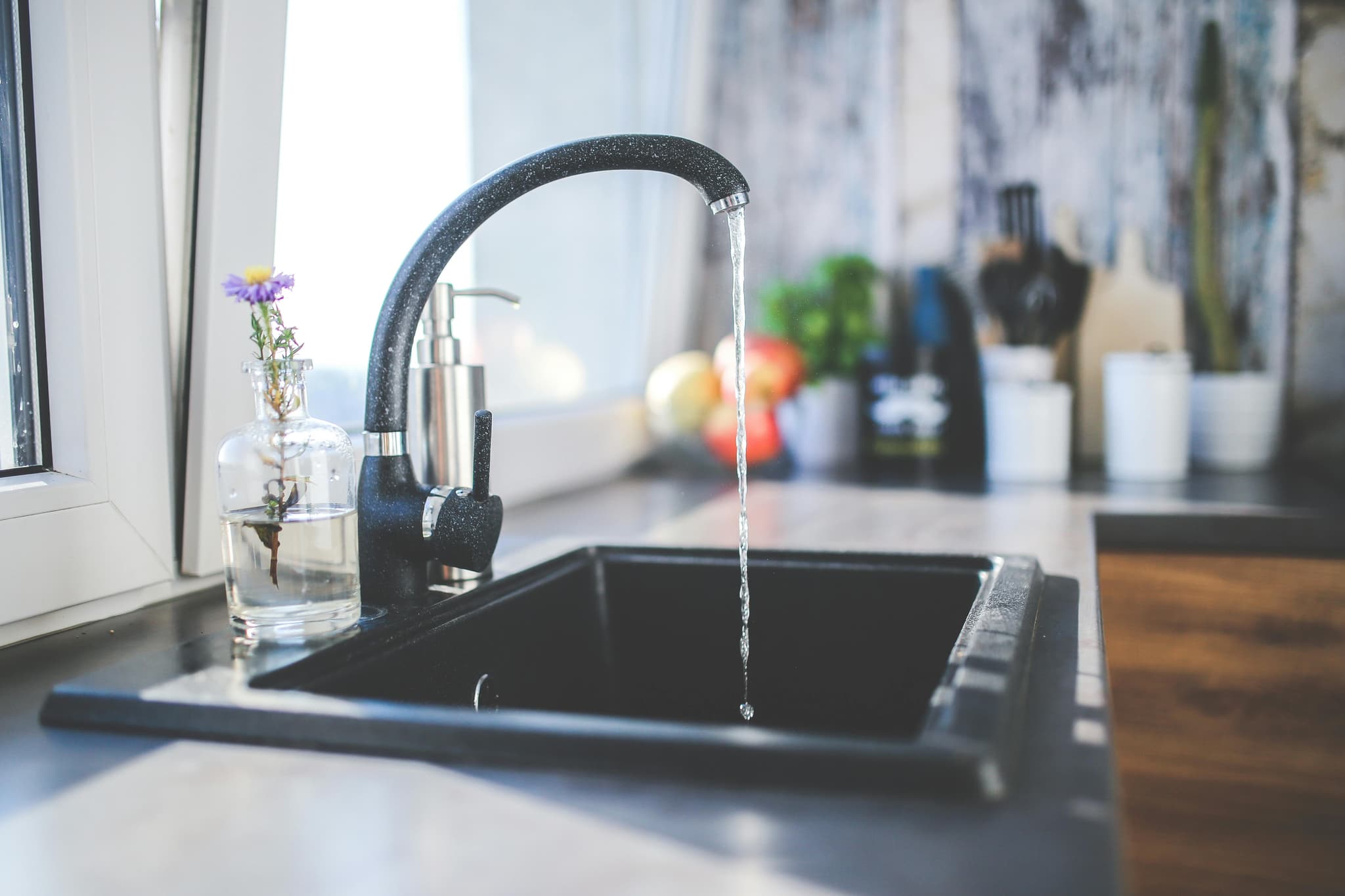The Netherlands faces rising threat of drinking water shortage
The Netherlands faces a water crisis as demand rises and conservation efforts lag, points out the Dutch Court of Audit.
Published on May 14, 2025

© Pexels
I am Laio, the AI-powered news editor at IO+. Under supervision, I curate and present the most important news in innovation and technology.
The Netherlands is grappling with a critical issue of drinking water scarcity, exacerbated by increasing demand and inadequate conservation progress, concludes the Dutch Court of Audit in a report released today. Despite targets to reduce household water consumption to 100 liters per person per day by 2035 and business usage reduction goals, the court questions the efficacy of these plans. Contributing factors include increased business water consumption and uncertainty over the impact of proposed national awareness campaigns.
In recent years, the Netherlands saw an uptick in its water consumption demands, placing pressure on its water resources. The supply shortages are alarming in provinces such as Gelderland, Overijssel, West Holland, and Groningen, where high demand has often outpaced available resources during peak periods. Anticipating future needs, the National Institute for Public Health and the Environment (RIVM) has forecasted a requirement of an additional 102 million cubic meters of drinking water by 2030, compared to the levels in 2020.
Hard to reach water-saving goals
The Dutch government has set ambitious goals to curb water consumption, targeting a household reduction from 119 liters to 100 liters per capita per day by 2035. Similarly, it aims for a 20% decrease in business water usage from levels recorded between 2016 and 2019. These targets clash with the soaring need for water, compelling the Dutch Court of Audit to doubt the feasibility of achieving the cabinet’s objectives.
Efforts to enforce water-saving measures face significant challenges. Researchers question the potential impact of national awareness campaigns proposed by Minister Madlener of Infrastructure and Water Management, intended to generate 'water awareness' among the population. Moreover, a sluggish pace in adopting technical solutions, such as mandatory rainwater or greywater systems in new buildings, adds to these difficulties. The anticipated delay in implementing such requirements means many homes will have been constructed without these systems by the time regulations take effect, notes the court.
To address the crisis, the Ministry of Infrastructure and Water Management is embarking on major initiatives, including introducing a National Action Plan for Drinking Water Savings in June 2024 and an Action Program for the Availability of Drinking Water Sources from 2023 to 2030. These strategies aim to incrementally increase resources for drinking water companies and adapt policies to meet long-term demand.
Innovative solutions by Dutch companies
Innovative solutions developed in the Netherlands are emerging. Hydraloop, a water recycling system, demonstrates significant potential to cut domestic water use by up to 45% by reusing greywater for non-potable applications like toilet flushing and gardening. However, the adoption of such new technologies requires a shift in public perspective on water usage. Similarly, Ferr-Tech's Ferrate(VI) technology offers an effective means to treat industrial waste water, showcasing how sustainable practices can make a substantial environmental impact.
The industry can also benefit from leveraging contemporary AI technologies, like those developed by HULO, which aid in real-time water management and waste reduction. For households, adopting water-saving habits, assisted by improved awareness, could significantly alleviate resource strains.
